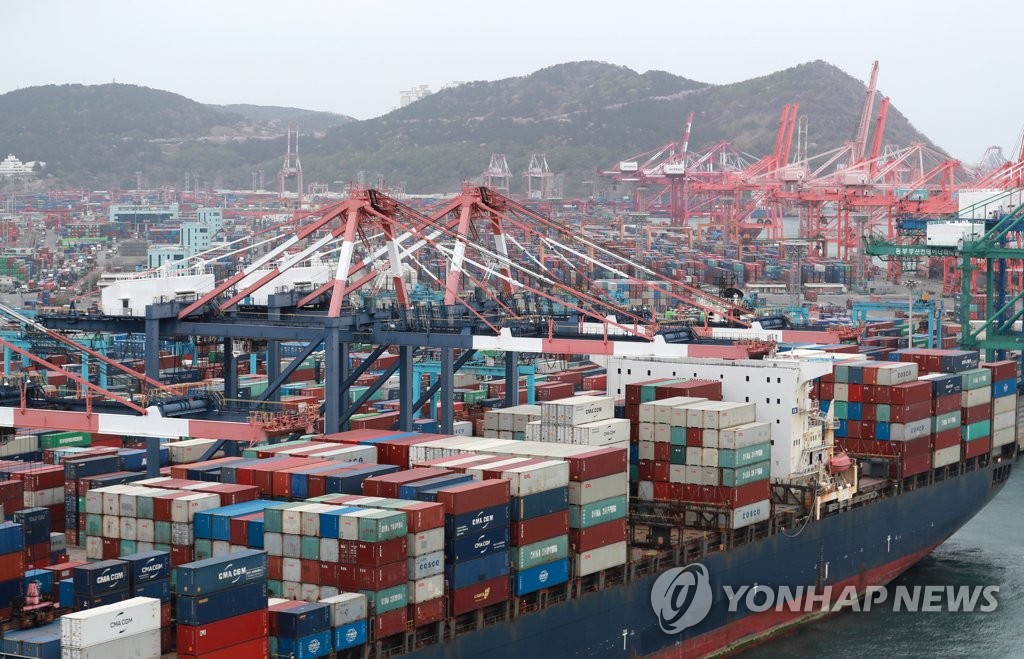KDI sharply ups 2021 growth outlook for S. Korean economy to 3.8 pct
By Kim Soo-yeon
SEOUL, May 13 (Yonhap) — The Korea Development Institute (KDI) on Thursday sharply revised up its growth outlook for the South Korean economy this year, citing robust exports amid a global economic recovery.
The state-run think tank forecast Asia’s fourth-largest economy to expand 3.8 percent this year, up from its estimate of 3.1 percent in November last year. It expected the Korean economy to grow 3 percent next year.The upward revision came as the South Korean economy is on a recovery track, supported by brisk exports of chips and autos.
The think tank said robust exports will propel the economic growth this year and private spending will likely improve starting next year.

President Moon Jae-in said Monday the government will make efforts to help the Korean economy grow at least 4 percent this year. The finance ministry earlier penciled in the growth rate in the mid-to-high 3 percent range.
Asia’s fourth-largest economy contracted 1 percent last year, the first retreat since the 1997-98 Asian financial crisis. But it contracted by a smaller margin than in most other advanced nations.
KDI said overseas shipments are forecast to increase 8.6 percent this year and 3.3 percent next year.
Private spending is projected to grow 2.5 percent this year as the service sector, hard hit by the pandemic, is still suffering through a slump. Next year, consumer spending will likely increase 4 percent.
The think tank said the country’s consumer inflation is expected to rise 1.7 percent this year, lower than the BOK’s inflation target of 2 percent over the medium term. Inflation growth will likely slow to 1.1 percent next year on stabilizing oil prices.
KDI said the number of employed people will increase 190,000 this year despite a low base effect as recovery in the service sector will be limited. Next year, the number of employed people is expected to rise 330,000.
It said downside economic risks will hinge on the speed of the vaccine rollout and COVID-19 infection situations.
KDI said the government needs to maintain its expansionary fiscal policy in the short term to underpin the economic growth, but it should also seek to study ways to normalize policy measures.
“The country needs to set up a plan to reduce a surge in the fiscal deficit and stem the growth of the national debt to prevent growing fiscal burdens from overstretching,” it said.
South Korea’s government debt grew by the largest-ever amount of 123.7 trillion won (US$110 billion) on-year to a record 846.9 trillion won last year.
The consolidated fiscal balance, a key gauge of fiscal soundness, posted a deficit of 71.2 trillion won last year, larger than a shortfall of 12 trillion won a year earlier, according to Seoul’s finance ministry.
sooyeon@yna.co.kr (YONHAP NEWS)

